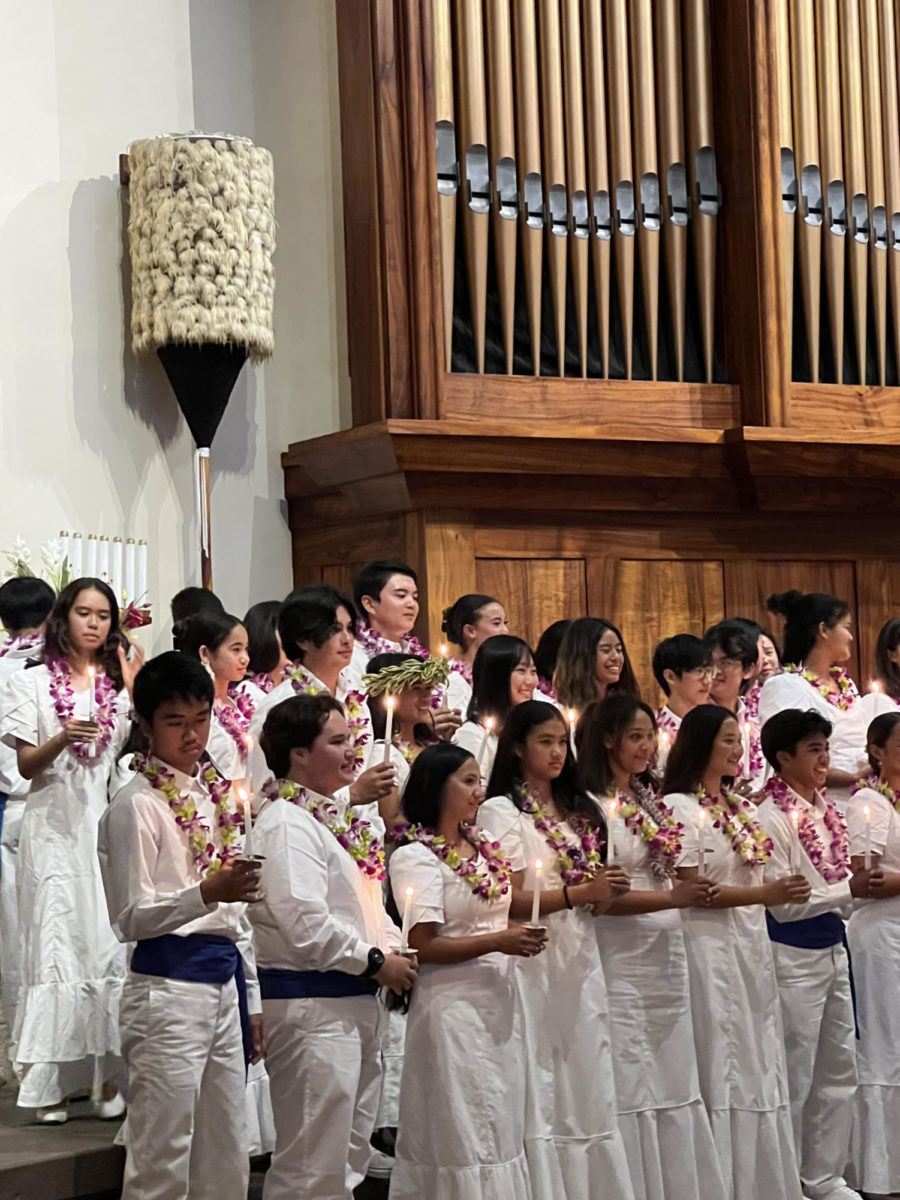This past summer, two cases challenged the use of affirmative action in college admissions, with SCOTUS ruling that the diversity of its student body is no longer an interest of upper education, opening the minds of native Hawaiian students and the effect it will have on them.
Kamehameha Schools, an institution infamous for its race-conscious admissions, has nearly admitted all students of non-Hawaiian descent, rarely allowing non-Hawaiians to attend. Written in 1883, Pauahi, the founder of Kamehameha Schools, stated in her will that the schools shall give preference to those of “pure or part aboriginal blood.”
Affirmative action, seen in Pauahi’s will, was a corrective procedure to prevent future discrimination and remedy the prior discrimination of historically marginalized groups. Today, society has questioned the need for affirmative action in our institutions, affirming that society has progressed forward enough not to need race-biased admissions.
An anonymous senior at Kamehameha Schools said “I would not want a school to accept me solely because I am Hawaiian, but because I am a good fit for the school’s environment.” Many students believe that college admissions should pick their students based on their own nature, with race being a single aspect of their multi-faceted character.
A different anonymous senior said, “Race is important to consider when it is often racial minorities that have more barriers in the way of a student’s pursuit of a college education.” In college admissions, officers have previously looked at race as an indicator of previous and current systemic racism, intergenerational transfers, and societal views on a student. Some students believe that is important because students of color specifically struggle with limited educational opportunities and underlying issues – even when the socioeconomic status, test scores, health, and school of a student are taken into account – due to the White Institution of Education.
Considering Hawaiians only hold 0.2% of all bachelor’s degrees, it is clear that the Hawaiian people are already currently underrepresented in higher education. With affirmative action gone, the Hawaiian people must once again fight even harder for their spot in society, perpetuating the knowledge of their kūpuna courageously.



